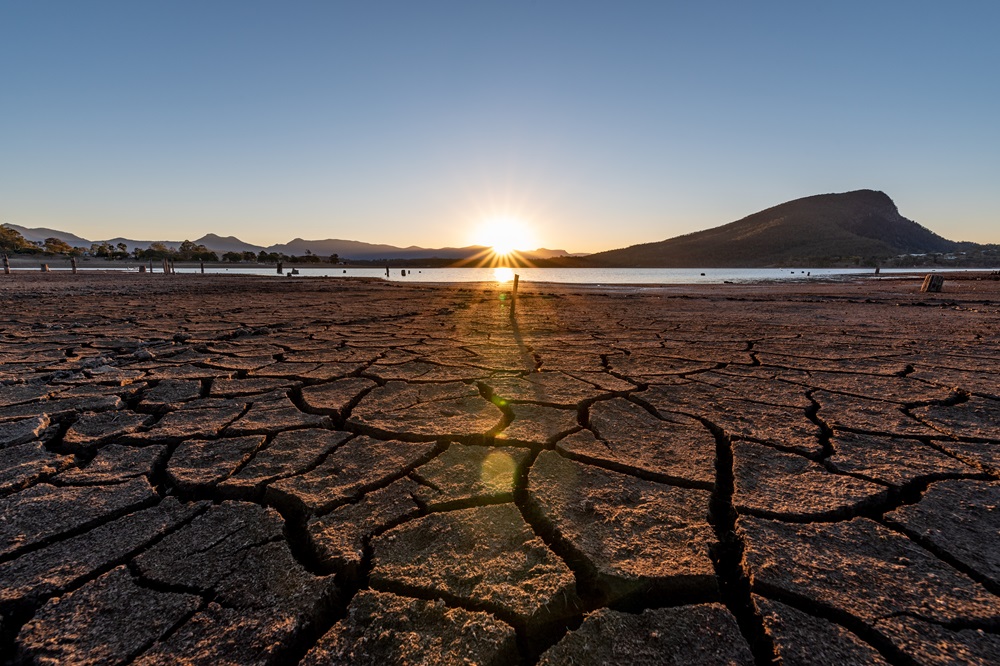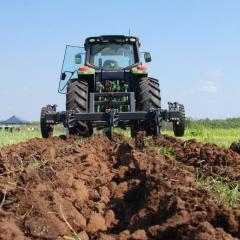
A federally funded drought resilience innovation project led by The University of Queensland will help farmers identify threats to soil health and improve crop productivity and profitability.
20 farmers in southern and central Queensland are participating in the Drought Resilient Soils and Landscaping (DRSL) project, funded by the Department of Agriculture, Fisheries and Forestry, which will test various strategies to overcome soil constraints and increase drought resilience in their cropping operations.
UQ’s Dr Yash Dang said the results of these trials will be shared with farming communities in a series of field days, to improve the agriculture sector’s understanding of the condition of Australian soils.
“Unfortunately, many farmers have an incomplete understanding of how to identify the constraints that pose risks to soil and crop health,” Dr Dang said.
“These soil constraints range from physical and chemical, to biological threats – occasionally, soils are affected by all three at the same time.
“These constraints prevent the crop from forming an extensive root system, meaning they’re not water and nutrient efficient.
“With erratic rainfall, this increases the risk of water stress on crops and greatly reduces crop yields and profits.”
>Through a series of meetings, farmer-led demonstration sites, field trials, and regionally tailored educational materials, the DRSL project aims to improve drought resilience by increasing the number of farmers adopting proven soil management strategies.
UQ’s Dr Bernhard Wehr said the project has the added bonus of strengthening collaborative networks between farmers, researchers, industry, and more.
“It will connect farmers with agricultural researchers, and includes advisors and suppliers of agricultural inputs, such as manures and composts, to increase the adoption of proven practices and facilitate peer-to-peer sharing of learnings and information,” he said.
“Improved soil management knowledge within the farming community will also have flow-on societal benefits.
“For example, by increasing drought and climate adaptability in crops, farmers can improve crop yields and profits.
“From an environmental perspective, it will improve the sustainability of the agricultural sector and reduce off-site impacts, such as runoff, erosion, nutrient loss, and greenhouse gas emissions.”
For more information on how you can attend upcoming field days, contact Dr Bernhard Wehr.
You can also hear more about the project on the UQ Science YouTube channel.
Researchers would like to acknowledge the support of the Department of Agriculture, Fisheries and Forestry.
Media: Dr Bernhard Wehr, b.wehr@uq.edu.au, +61 466 915 046; Dr Yash Dang, y.dang@uq.edu.au, +61 427 602 099; UQ Faculty of Science Media, science.media@uq.edu.au, +61 438 162 387.



